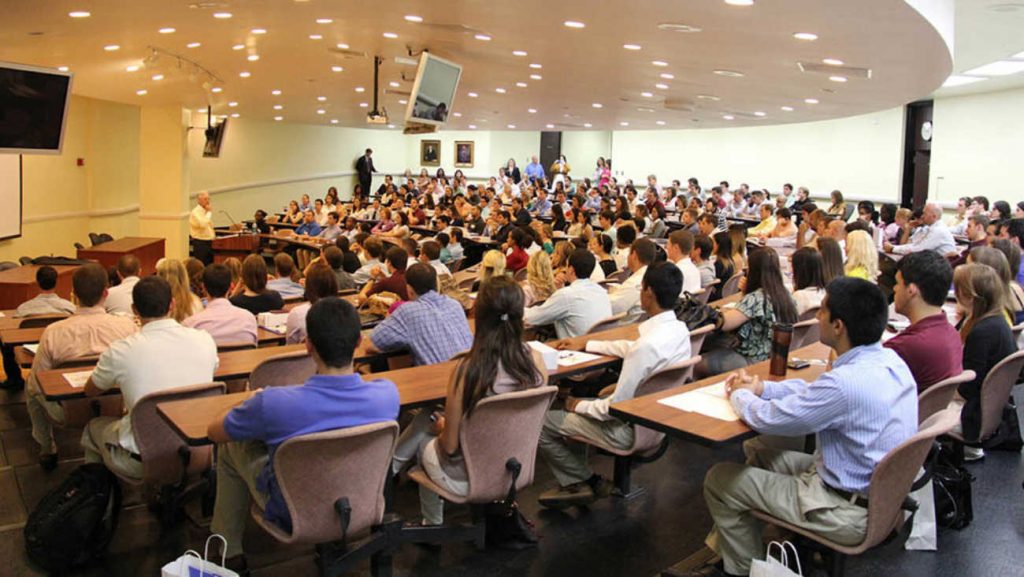California’s College Promise Brings Us Closer, But Won’t Close the 2.4 Million-Credential Gap

AB 19, signed into law by Governor Brown in October, is an important acknowledgement of the vital role community college plays in helping millions of Californians earn degrees and the barriers many students face in reaching academic success. If funded, the bill would stipulate that all first-time, full-time enrollees who submit a Federal Student Aid or Dream Act application will pay no fees for their first full academic year at a California Community College.
The bill increases the number of students eligible for a fee waiver through the California College Promise by an estimated 19,000 students and is estimated to cost about $31.1 million in its first year (California College Promise, Calif. 2017).
Many student success initiatives are baked into the legislation including: expanded partnerships between local K12 and community college districts, remediation and course-placement reform efforts, and the implementation of Guided Pathways. Incorporating evidence-based student support practices into the bill acknowledges some of the significant barriers to college completion within the community college system; these efforts have been shown to increase college persistence and improve graduation rates (Complete College America, 2017). If the bill supports the anticipated additional 19,000 students in attending college each year and if the student success initiatives keep students on track to complete a degree or transfer in two years, the potential impact could be as high as 133,000 new degrees by 2025. That’s an optimistic outlook which accounts for only 3% of the 2.4 million degrees the state needs to produce to stay economically competitive.
As AB 19 only covers first-time, full-time freshman, those who have stopped-out of college or are currently attending part-time are not eligible to receive a fee waiver. This may prove to be a critical oversight insofar as the bill’s intentions are to promote a college-going culture and increase the number of degree holders in California.
As AB 19 only covers first-time, full-time freshman, those who have stopped-out of college or are currently attending part-time are not eligible to receive a fee waiver. This may prove to be a critical oversight insofar as the bill’s intentions are to promote a college-going culture and increase the number of degree holders in California.
While part-time students can currently receive $700 per academic year through the Full Time Student Success Grant, the incentive is not sufficient to make a dramatic impact. Many students stand to gain from a more robust program. According to data from the California Community Colleges Chancellor’s Office, about 63% of students enrolled in a California Community College during the spring term of 2017 attended part-time. Fifteen percent, or about 237,000 students, were only one to three credits away from attending full-time.
If a fee waiver were extended to part-time students who enrolled full-time in the next academic year, nearly a quarter of a million students could benefit from the California College Promise, thus increasing their chances for college success and improving higher education outcomes across the state.
The potential impact of these additional degree holders could make up for more than half of the credential gap by 2025.
Similarly, students who attempted college but didn’t graduate and who may wish to return to college given the state’s heightened interest in student success won’t see benefits from AB 19. By only focusing on first-time, full-time students, the California College Promise overlooks those who have stopped-out. About 530,000 students made significant progress towards a degree in California in the last ten years (National Student Clearing House Research Center, 2014). The educational demands of changing economies and the need to upskill or retrain is likely to entice a portion of these former students back to the classroom.
Closing the credential gap is critical for California’s future, and this bill, while important for the precedent it sets, doesn’t go far enough in producing the credentials our state needs.
AB 19 is focused on the future—encouraging all Californians to attend a California Community College for the first time and scaffolding long-term student success into the state’s college-going culture. However, it disregards the incredible potential of students who are already, or were previously, engaged in a degree program. Closing the credential gap is critical for California’s future, and this bill, while important for the precedent it sets, doesn’t go far enough in producing the credentials our state needs.